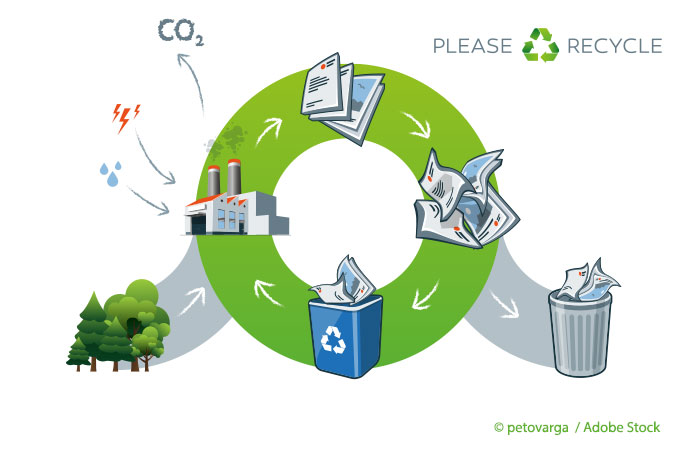
Circular economy products won’t only benefit the environment; it will also aid the consumers. Re-manufacturing is a vital part of the circular economic shift. It allows for full use of essential components and resources. But why should you opt for circular economy products if you could purchase brand new products instead?
The U.S. produced around 254 million worth of trash in 2013. The circular economy paradigm saved 87.2 million tons of garbage from going into the landfill. It also prevented the emission of 186 million metric tons of carbon dioxide.
Thus, if we keep re-making and remanufacturing products, we can continue using those valuable components for a more extended period. As a result, we’re reducing the stress we make on the planet because we’re using less energy and extracting fewer resources, thereby producing fewer emissions.
If you’re a price-conscious buyer, you’ll get the tangible financial benefit of opting for remanufactured or circular economy products.
More affordable
You can purchase remanufactured products through popular big-brand stores. Dell, for instance, introduced its recycling program in 2005. The program encourages customers to return their used products to the company. The technology manufacturer refurbishes and resells them at a lower price, and with warranties.
Rype Office is remanufacturing high-end furniture and selling it at a much affordable rate. It allows companies with limited budgets to obtain quality furniture and create a stylish environment. Other organizations that can afford to purchase new high-end furniture opt to buy remanufactured furniture to avoid upsetting their shareholders because they buy exuberant things.
Easily accessible
Remanufactured products become available in a shorter period than purchasing products that are manufactured. Furthermore, it allows customers to continue using a product that is no longer being manufactured.
Support the community
The more consumers utilize remanufactured products, the more local jobs become available. Keep in mind that remanufacturing needs people to disassemble, check, repair, and reassemble the product. It doubles the labor force for assembling the product, and creates additional local jobs, especially to those who are new to the workforce.
The circular economy doesn’t only benefit the consumers, but also businesses. In fact, boosting investments in a circular economy could result in billions in savings. It also creates thousands of jobs and helps companies by reducing their environmental footprints.
Furthermore, they are earning something from recycling. By investing in recycling bins that encourage employees to place their scrap metals, bottles, etc. to the recycle bin, it’s easier to sort out the items and send them to recycling centers.
Conclusion
Circular economy products could help save primary resources while maintaining the quality of a product. Consumers can enjoy using a high-quality product at a much lower price. Many world-renowned companies are switching to a circular economy. Why don’t you consider joining them?
Sources:




































































































































 Three Ways to Engage Teams and Clients to Maximize Your Recycling Program Engagement
Three Ways to Engage Teams and Clients to Maximize Your Recycling Program Engagement  How to Integrate Accessibility Into Your Sustainability Planning
How to Integrate Accessibility Into Your Sustainability Planning  Why Park Benches Can Promote Workplace Well-Being
Why Park Benches Can Promote Workplace Well-Being 
